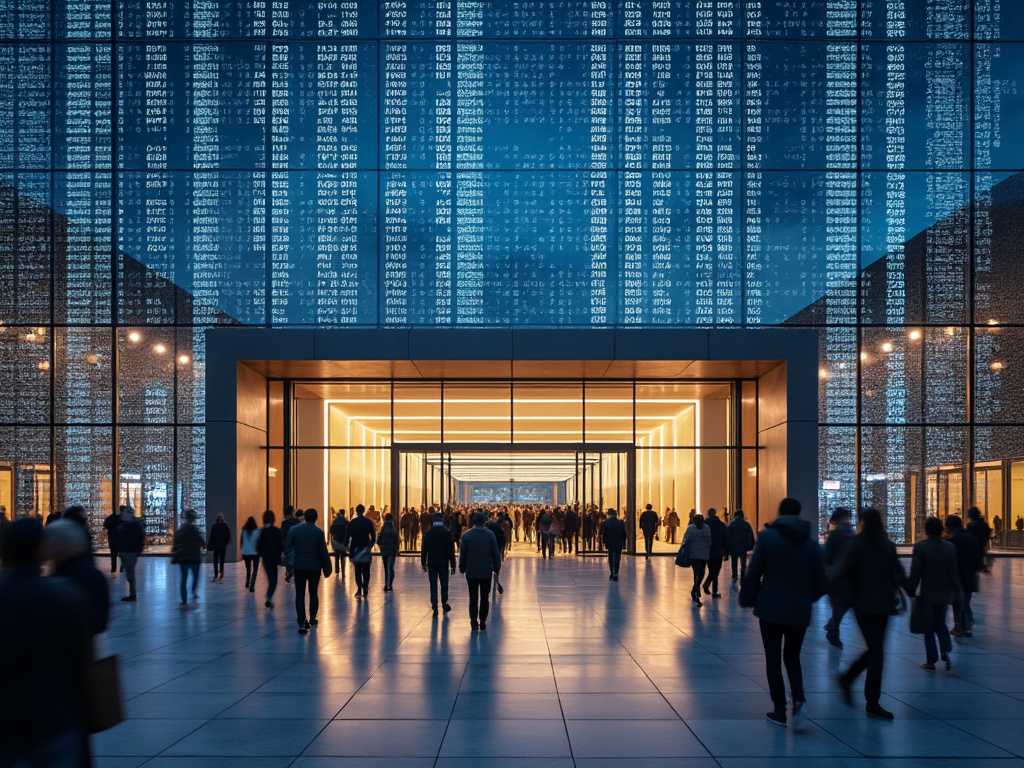Hiring the right web developer can make or break your website project. Whether launching a personal blog, an e-commerce platform, or a complex web application, your developer’s skills, experience, and understanding of your needs are crucial for success. A web developer is responsible for writing the code understanding your vision and turning it into a functional, user-friendly, and visually appealing product. With so many developers available, knowing how to evaluate the right candidate can be daunting. Asking the right questions will help you find the developer best suited to your project.
Here are the seven most important things to ask when hiring a web developer:
1. What is Your Experience and Technical Expertise?
This question may seem obvious, but it’s one of the most critical. You need to know the developer’s level of experience, including what kind of projects they’ve worked on and their area of specialization. Some developers focus on front-end development (user interface and experience), while others are back-end developers (server, database, and logic). Some full-stack developers can handle both.
Understanding their technical skills is equally important. Ask about their proficiency in programming languages like HTML, CSS, JavaScript, Python, PHP, Ruby, or other languages and frameworks depending on your project. Are they familiar with content management systems (CMS) like WordPress, Joomla, or Drupal? If you’re building an e-commerce site, do they have experience with platforms like Shopify or Magento? A developer’s experience in using version control systems like Git is also important, as this helps manage code and track changes.
Additionally, ask them to show examples of their work or portfolio to see the projects they’ve completed in the past. This will give you insight into the type of websites they’ve built and whether their style aligns with what you envision for your project.
2. Can You Describe Your Development Process?
Every developer or agency has a unique approach to building websites. Understanding their process ensures that their workflow aligns with your expectations and project needs. A solid development process typically follows these steps:
- Discovery and Planning: The developer will gather information about your business, goals, audience, and technical requirements.
- Design Phase: Wireframes and design prototypes are created to visualize the structure and look of the site.
- Development: The actual coding of the website happens here.
- Testing: The website is rigorously tested for functionality, responsiveness, speed, and security.
- Launch and Post-Launch Support: The website goes live, and any issues are fixed promptly.
Asking this question helps you gauge how organized and professional the developer is. A clear and structured process demonstrates experience and reduces the chances of miscommunication and delays.
3. What is Your Estimated Timeline for This Project?
Understanding the timeline for your project is critical, especially if you have deadlines. Ask the developer to give an estimated timeline for each phase of the project—planning, design, development, testing, and launch. However, it’s important to remember that web development timelines can be influenced by factors such as the complexity of the project, changes in scope, and the need for feedback from your side.
This question also allows you to gauge whether the developer is realistic about timeframes. Be cautious of developers who promise to deliver complex projects in an unusually short time. Rushed work can lead to errors, bugs, and poor-quality output. On the flip side, timelines that are too long may suggest that the developer is overcommitted or less efficient.
4. How Do You Ensure Security and Data Protection?

Website security is paramount, especially if you’re handling sensitive information such as customer data or payment transactions. Ask the developer what measures they will implement to ensure the security of your website. Will they use SSL certificates for encrypted communication? How will they protect the website from hacking, malware, and other vulnerabilities?
Suppose you’re building a site that stores user data or processes payments. In that case, it’s important to ask about compliance with regulations such as the General Data Protection Regulation (GDPR) or the Payment Card Industry Data Security Standard (PCI-DSS).
A good developer should also ensure that the site is built with security best practices, including regular software updates, secure coding practices, and third-party service integrations that are trustworthy.
5. Do You Offer Post-Launch Support and Maintenance?
Once your website is live, it will require ongoing maintenance to ensure everything runs smoothly. This includes fixing bugs, updating plugins, improving security, and adding new features as your business evolves. Some developers offer post-launch support as part of their package, while others charge separately for it.

Ask about the types of support they offer and their availability for future updates or fixes. You want to avoid being left in a situation where your site experiences issues, and you can’t reach the developer for days. Clear agreements on post-launch support, whether it’s for a few weeks, months, or an annual maintenance plan, will save you from future headaches.
6. How Do You Ensure Website Responsiveness and Cross-Browser Compatibility?
In today’s mobile-first world, having a website that performs well on all devices is crucial. The developer should have a clear plan for ensuring that your website is responsive, meaning it adjusts to fit different screen sizes, from mobile phones to tablets to desktops. Google also favors mobile-friendly websites in search engine rankings, so this is vital for your SEO strategy.
You should also ask how they ensure the site will work seamlessly across different browsers, such as Chrome, Firefox, Safari, and Edge. While standards have improved, there can still be differences in how websites display and function across browsers. The developer should test the site thoroughly to avoid any discrepancies.
7. What Is the Total Cost and What Does It Include?
One of the most important questions, of course, is cost. While pricing should not be the sole determining factor, you need to know what you are paying for and how the cost is broken down. Is the quote all-inclusive, covering design, development, testing, and post-launch support, or will there be additional costs down the road?
Request a detailed proposal outlining costs for each phase of the project. This helps you understand the value you’re receiving and prevents any unexpected charges later on. Be cautious of extremely low quotes, as they may indicate a lack of experience or hidden costs. Quality work requires an investment, and it’s better to pay more upfront for a well-built website than to deal with issues that arise from cutting corners.
Hiring a web developer is a big decision that will significantly impact your project’s success. By asking these seven critical questions, you will gain a deeper understanding of the developer’s capabilities, work style, and compatibility with your project. Look for a developer who not only has the technical expertise but also demonstrates clear communication, a solid development process, and a commitment to security and ongoing support. Taking the time to thoroughly vet candidates ensures you find the right partner to bring your web project to life.
Work With Us
You can work with Digital Nigeria on your next project, we provide you with all the information we have listed in this article and even go further to understand your marketing vision to help create the best website for you that will not only look good but convert your visitors to customers. Reach out to us for a quick call by clicking here.

Leave a Reply
You must be logged in to post a comment.